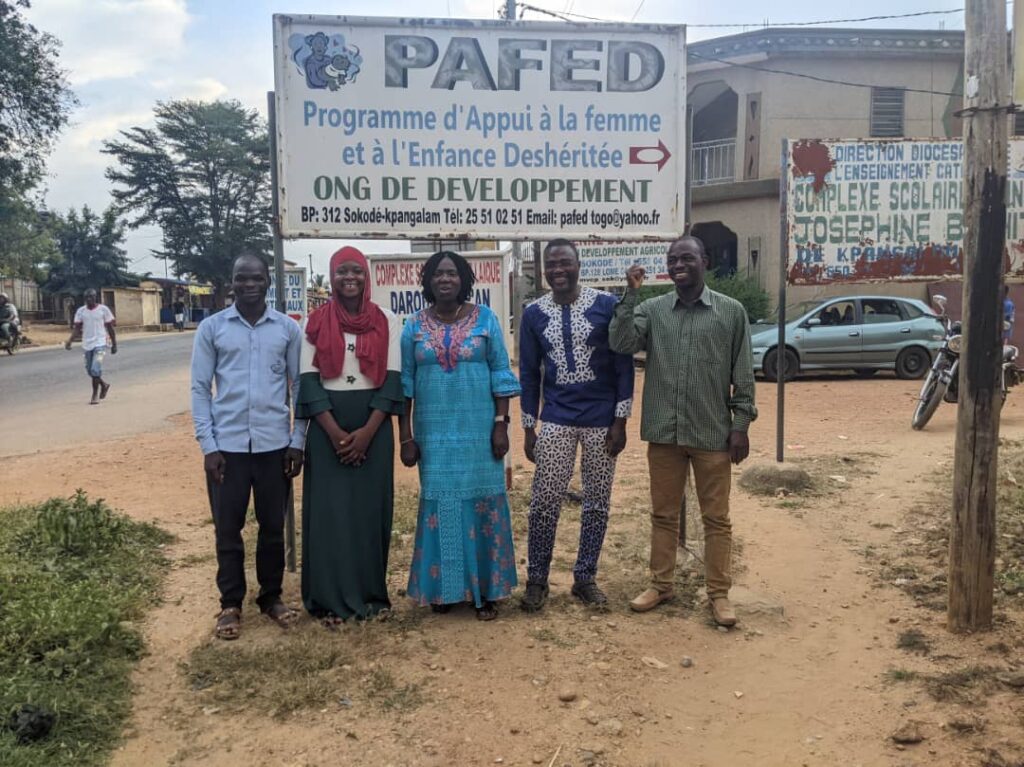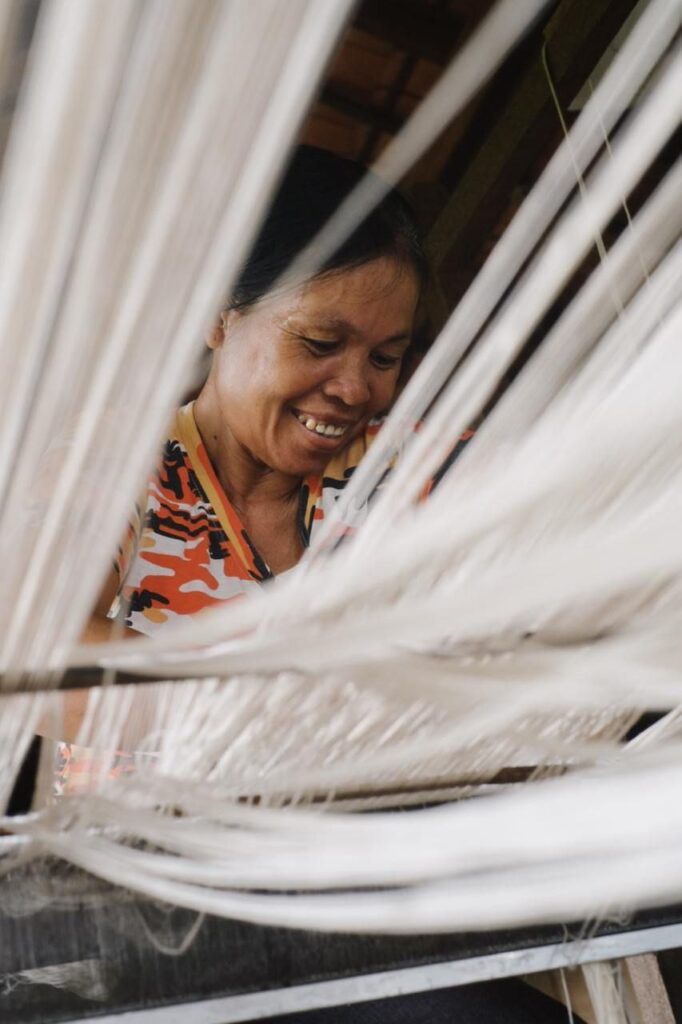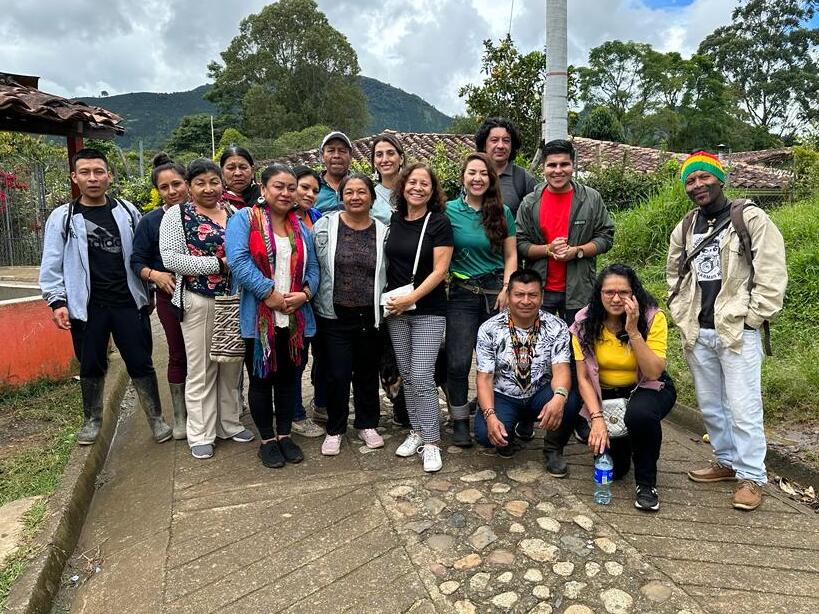Improving agribusiness, health and the environment in Ecuador and Myanmar
From Ecuador to Myanmar, a CESO expert Volunteer Advisor is training people in effective pest control to improve the lives of families reliant on agricultural business.
While people in both countries have their own unique needs, agricultural development is a priority for both — despite being almost 18,000 kilometres apart. Dr. Michael Irvine, CESO expert Volunteer Advisor, recently shared his expertise and wealth of knowledge with local institutions and communities in each country.
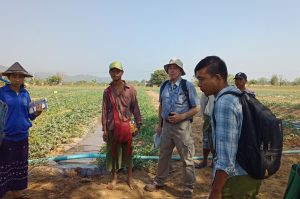
His assignment in Myanmar in March focused on Integrated Pest Management and pesticide use. He trained individuals in new techniques on sustainable pesticide use. The training will improve local capacity and knowledge to train others, including farmers, to improve agricultural production while protecting health and the environment.
“Myanmar producers have opportunities for import substitution and export of high value agricultural products. Improving the quality of production through better pest control is part of the challenge,” says Dr. Irvine. “This project will contribute to the economic growth of the country by enhancing agricultural productivity, improving safety for workers and consumers. Ceasing use of pesticide products banned elsewhere will help open markets.”
Ecuadorian producers and farmers face a different kind of challenge: to maintain their reputation as a reliable and leading exporter of agricultural products. “Hundreds of thousands of families derive some of their income from banana production, so keeping out a particular pest is of paramount importance as it will ensure continued benefit for everyone throughout the supply chain,” notes Dr. Irvine, who was in Ecuador in May of 2018.
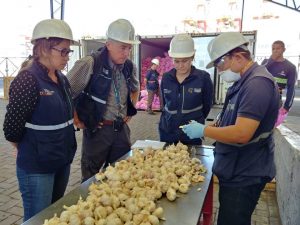 “In both Ecuador and Myanmar it was most rewarding to apply knowledge and experience that I have gained in my career to novel situations. In many ways it required thinking back to first principles: we want to build sustainable systems that are appropriate to Ecuador and Myanmar, considering their unique challenges, abilities, strengths and weaknesses. It is an opportunity to influence systems that will affect the lives of people throughout the agricultural production system, including farm workers, land owners, exporters, and consumers. Both projects will lead to stronger economies and better lives!”
“In both Ecuador and Myanmar it was most rewarding to apply knowledge and experience that I have gained in my career to novel situations. In many ways it required thinking back to first principles: we want to build sustainable systems that are appropriate to Ecuador and Myanmar, considering their unique challenges, abilities, strengths and weaknesses. It is an opportunity to influence systems that will affect the lives of people throughout the agricultural production system, including farm workers, land owners, exporters, and consumers. Both projects will lead to stronger economies and better lives!”
